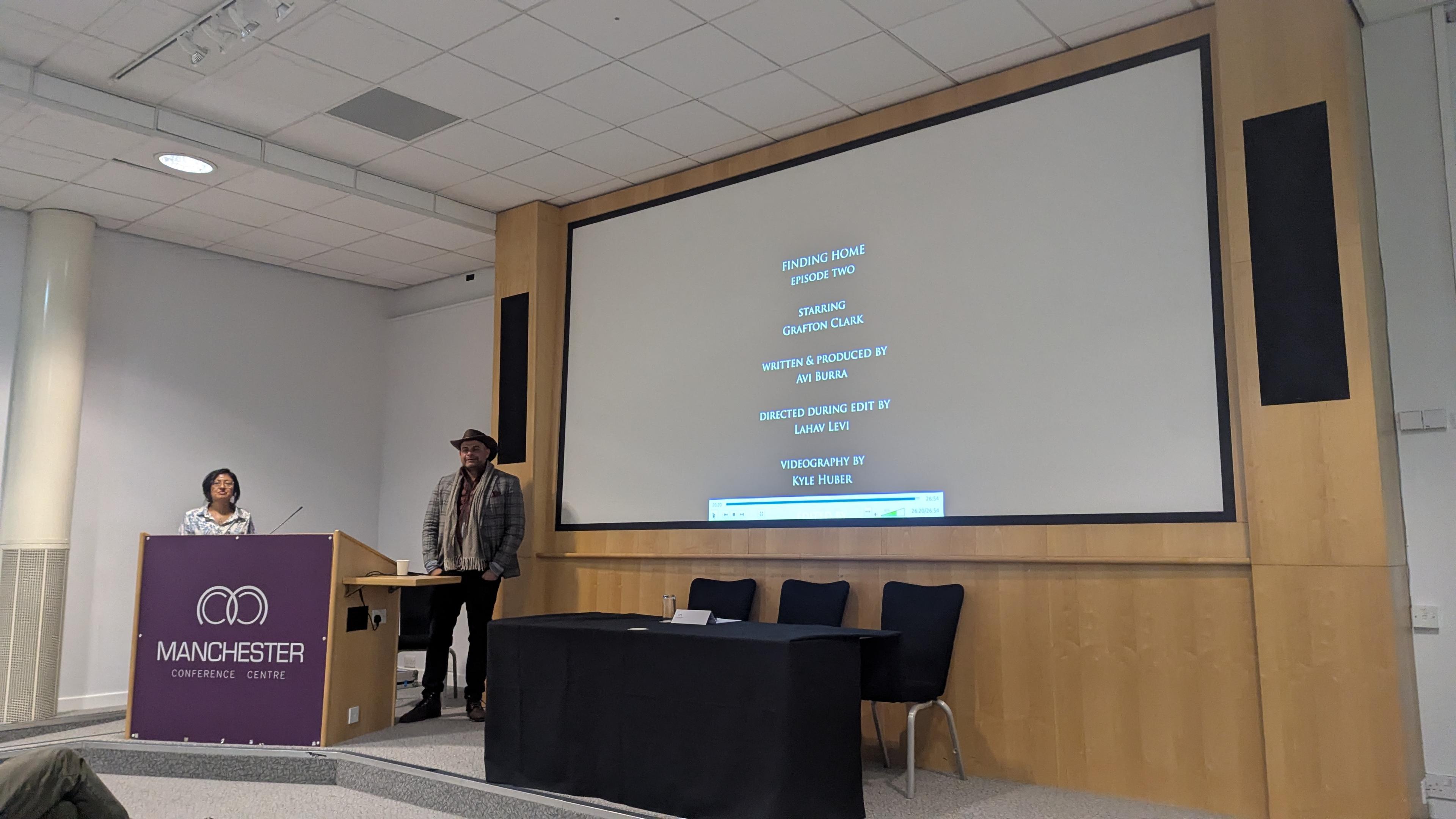2025-12-09 16:51:07
There were actually a lot of good recommendations from that Committee report, the one on PR was just the final one! Here's a few more.. including some that local #Fediverse proponents could dig into! @… was on the Committee.
—>FEDI ADVANTAGE<— “The Committee heard about a number of issues related to
the electoral information environment. Members recommend
that the provincial government collaborate with Elections
BC and the federal government to review existing legislative
and regulatory measures related to misinformation,
disinformation, and hate speech during elections, including
**mechanisms to ensure the timely removal of harmful content** (**emphasis added)”
—> FEDI ADVANTAGE<— “To better address challenges associated with social media and emergent technologies such as artificial intelligence, Members recommend establishing a working group to propose amendments to BC’s privacy and election legislation. To better protect all users, the Committee recommends requiring digital platforms to act with a duty of care and establish clear safety-related requirements such as data privacy, platform design, and content policy. The Committee also heard about concerns regarding foreign interference, and recommends that these be considered by the Electoral Integrity Working Group.”
—The Committee heard about the critical importance of
civic education to ensure the public’s understanding of
democratic institutions, processes, and participation. The
Committee recommends strengthening civic education
in the K-12 school system with input from experts and a
greater emphasis on applied learning.
— the Committee suggests enhancing data collection by requiring proactive enumeration on an annual basis and ensuring that registered parties and candidates can access poll-by-poll results. Elections BC should review and improve
voter registration practices and communication, as well as
access to and public awareness of voting opportunities. With respect to expanding voter eligibility, the Committee supports further examination of extending voting rights to 16- and 17-year-olds as well as permanent residents in BC.
— Committee Members recommend modernizing the candidate nominator verification process, requiring Elections BC to collect and share voters’ contact information with registered political parties and candidates, and strengthening measures related to access to multi-unit buildings for candidates and their campaigns.
Full report to the Legislature: #BCPoli #CanPoli #CdnPoli #ElectoralReform #Democracy #ProportionalRepresentation #Polarization
2025-11-28 17:33:05
From David Suzuki
Economic reporting could mislead one into believing that budget deficits are the most important challenge governments face. Its an excuse to curtail spending on necessary benefits, including health care, education, social security, climate action and more. Is it true that countries such as Canada and the US can’t afford these services?
2026-02-03 09:19:09
European Union (probably not alone) is at risk of insufficient primary materials to facilitate the renewable energy capture systems on which its modest climate mitigation plans rely.
Report by their Audit Court.
https://www.eldiario.es/economia/ue-rie…
2025-11-23 13:57:27
The conference also has a cinema room, showing bitcoin based films. Not mine, but I'm here for "finding home" by avi burra. Who did q&a after.
A short Travelog about a visit a cypherpunk in Prague for BTC Prague. Which was a much bigger bitcoin conference.
Lots of shots of a beautiful European city, and brief interviews with the people there. Many at restaurants where meals are paid for with bitcoin.
I guess they have a circular economy there of some sort.
Conclusion seems to be that fixing the money is important but building community is even more importanter.
#bitfest #film #bitcoin
2025-12-25 23:08:01
Massachusetts is about to see major savings from clean energy. A new analysis shows the state's SMART 3.0 solar-plus-storage program could save ratepayers $313 million annually by 2030.
The key? Pushing out inefficient natural gas plants, cutting reliance on fossil fuels during winter, and slashing 1.6 million metric tons of CO2 per year.



